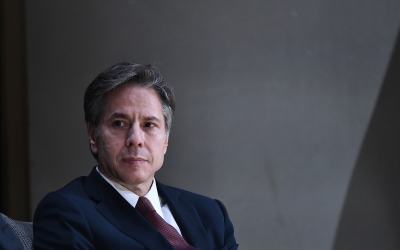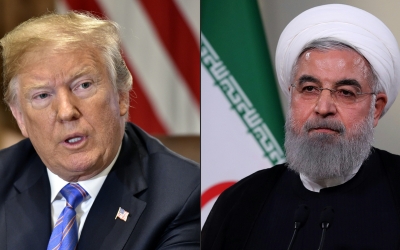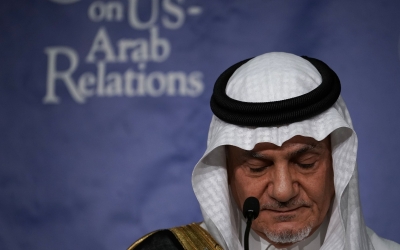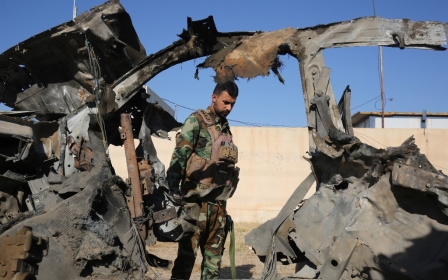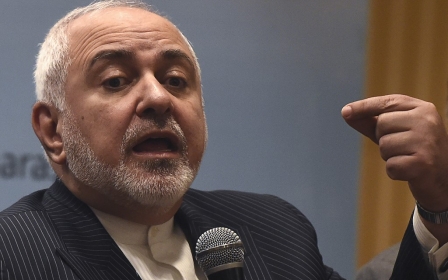Biden will not change policy towards Baghdad, Iraq's deputy prime minister says
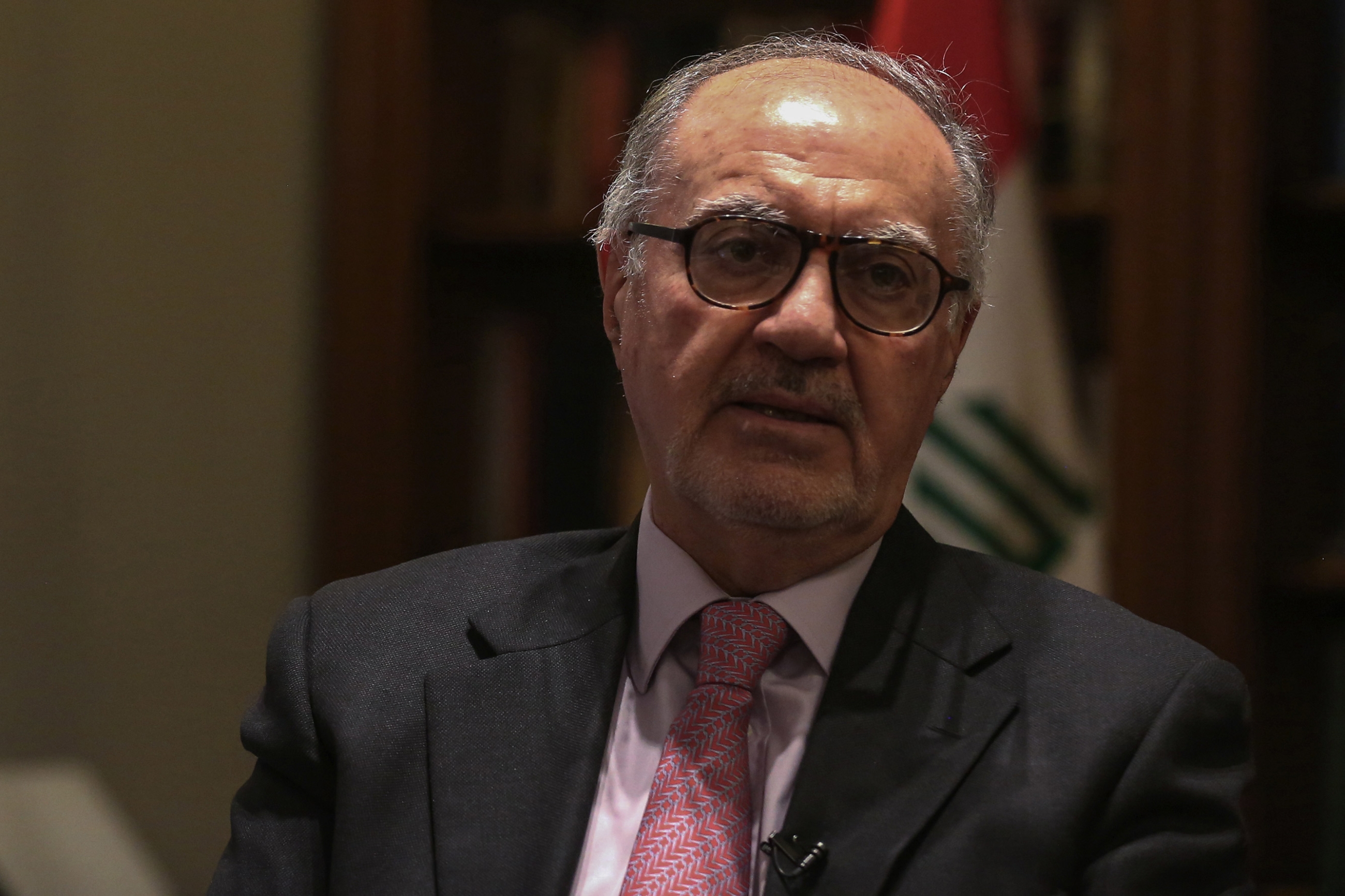
US President-elect Joe Biden will adopt similar policies towards Iraq as the outgoing Trump administration, the country's deputy prime minister has said.
Ali Allawi said on Monday in a virtual session organised by Chatham House, a London-based policy institute, that while there was consternation among some Iraqi politicians following Donald Trump's failed reelection bid, he was assured that Biden's victory would not drastically change Washington's approach towards Baghdad.
"There might be some kind of hybrid policy driven by new realities on the ground," he said.
Allawi also allayed fears that Biden would advocate for dividing the country on sectarian lines, saying that the "plan for partition is gone. Iraq is now less sectarian and is ruled by raw power politics".
Over the last four years, Washington's relationship with Baghdad was heavily shaped by the Trump administration's efforts to contain Iranian influence in the country.
For the past two years, the Trump administration has repeatedly imposed harsh sanctions on Tehran as part of a "maximum pressure campaign".
Tensions have repeatedly boiled over and escalated sharply in January following the targeted assassination of senior Iranian commander Qassem Soleimani in Baghdad.
Pro-Iranian forces fired dozens of missiles at Iraqi military bases that house US soldiers, resulting in more than 100 US troops being diagnosed with traumatic brain injuries.
While US Secretary of State Mike Pompeo has previously threatened to shut down the American embassy in Baghdad due to rocket attacks by Iran-backed militias, there are no official plans to do so.
US troop withdrawals
Since assuming office in 2016, Trump has promised to bring American troops home. But for the most part, the number of deployed troops has either increased or stayed at about the same levels as those deployed during the end of the Obama administration.
The US currently has 3,000 troops in the country, but the numbers are set to fall to 2,500 in January, before Biden's inauguration.
Allawi said that while US presence in Iraq was "more for appearance", if attacks continued, then it may have to be re-evaluated.
"The US presidency has been in the past a force of stability [for Iraq] but has drawn down in the last few years. It's still important for security."
Earlier this month, James Jeffrey, the outgoing US representative for Syria, told Defense One that Biden could pursue a similar foreign policy approach to Trump throughout the region.
"If [US allies in the Middle East] had to pick somebody else to come, it would be Joe Biden," Jeffrey said.
"I can't predict how Joe Biden would act, [but] of all of his decisions that I was involved in, and there were many, he is more of a transactional guy by his nature.
"I can't see him giving either the Bush speech or the [Obama] Cairo speech. And that's a good thing," he added.
Trump pushed some Iraqis towards Iran
Still, Biden's promise to return to the Iran nuclear deal, and his campaign's efforts to promote dialogue over sanctions and military threats, has been seen by some in Iraq as a positive departure from his predecessor.
Qasim al-Araji, Iraq's national security adviser, described Trump's approach as hostile and a reason for the rise in support for Iran-backed groups.
"American policy in Iraq and in the region is what helped throw these armed groups towards this recent escalation," Araji said during the virtual session.
"So there should be another approach which should be one of dialogue instead of these sanctions," he said.
"There is a considerable amount of analysts and people here that believe that the approach of the US towards Iran has pushed people in Iraq to be more aligned with Iran."
Last week, Iranian Foreign Minister Javad Zarif said Tehran would fully return to its nuclear commitments if Biden lifted sanctions imposed over the past two years.
"If the US meets its commitments under [UN Security Council] Resolution 2231, we will fulfill ours under the JCPOA".
Zarif described Biden as a "foreign affairs veteran" whom he has known for 30 years, and said, once in the White House, the president-elect could "lift all of these [sanctions] with three executive orders".
If Biden's administration does so, Iran's return to nuclear commitments will be "quick", Zarif added.
Middle East Eye propose une couverture et une analyse indépendantes et incomparables du Moyen-Orient, de l’Afrique du Nord et d’autres régions du monde. Pour en savoir plus sur la reprise de ce contenu et les frais qui s’appliquent, veuillez remplir ce formulaire [en anglais]. Pour en savoir plus sur MEE, cliquez ici [en anglais].


